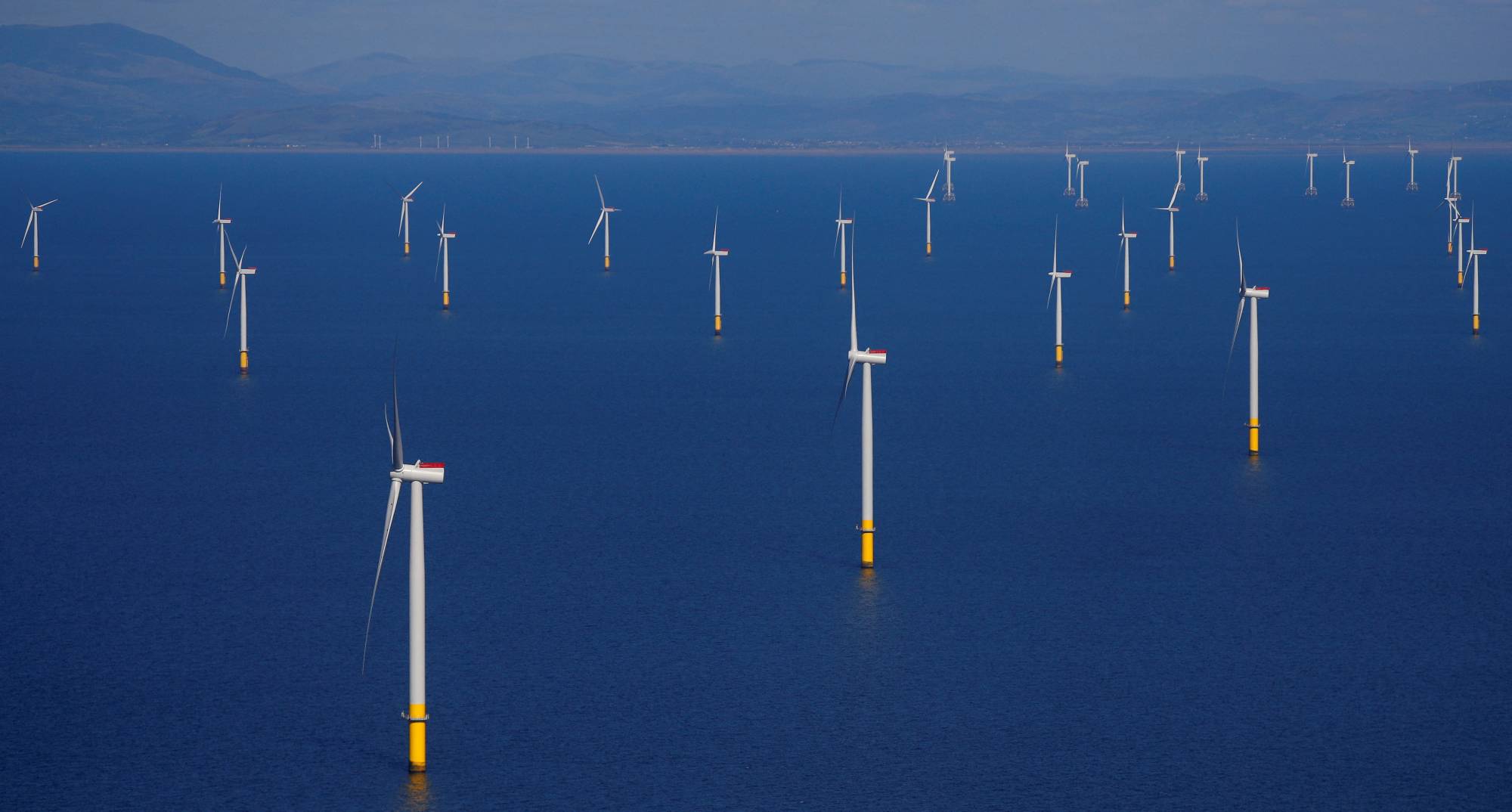Wind speeds were milder than usual in Europe this year, so windmills across the bloc generated less electricity, worsening a crunch that sent power prices to record highs as utilities had to buy more coal and scarce, costly, natural gas.
The situation illustrated a challenge facing the European Union as it tries to boost renewable power and meet its climate targets: Power prices can soar when the wind dies down, so generators need ways to store some of the excess power when winds are strong.
"If we had high winds or just reasonable winds over that period, we wouldn't have seen these price spikes," said Rory McCarthy, principal analyst at Wood Mackenzie.


















With your current subscription plan you can comment on stories. However, before writing your first comment, please create a display name in the Profile section of your subscriber account page.